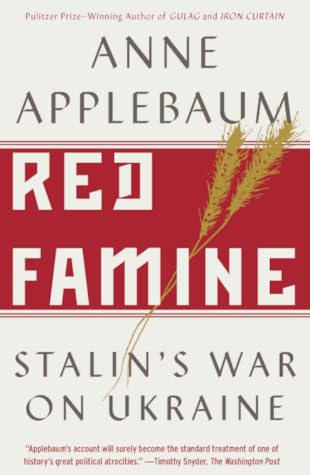Public officials were also shocked by the general indifference. As early as August 1932 a police informer told his contacts that a colleague, a bank employee, had confided in him his “complete collapse of faith in a better future.” He explained: “Deep hopelessness can be felt by all urban and rural dwellers, both old and young, party members and non-members of the party. Both intellectuals and the representatives of physical work lose muscle strength and intellectual energy because they think only about how to stop the feeling of hunger in themselves and their children.”67
Welcome back. Just a moment while we sign you in to your Goodreads account.


